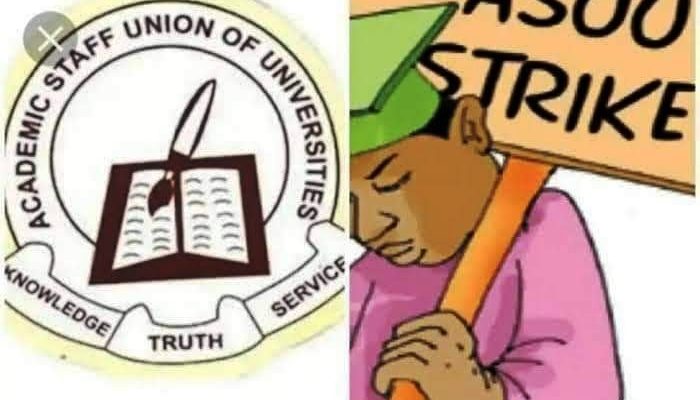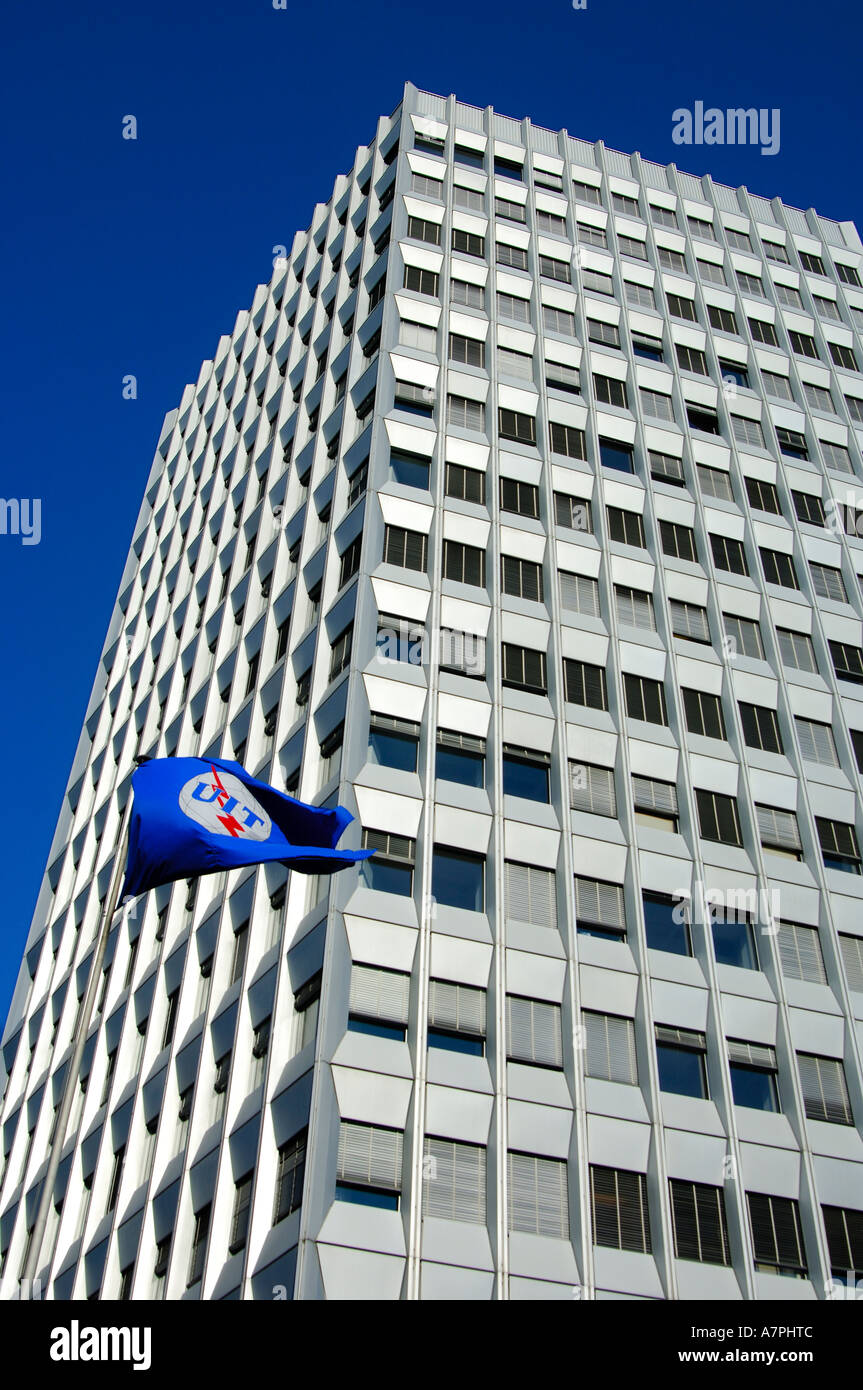The Academic Staff Union of Universities (ASUU) said the Federal Government has agreed to implement its University Transparency and Accountability Solution (UTAS) hinting that the association could end its strike if government accepts the other requests.
ASUU revealed this Monday night on a Channel TV program, Politics Today, where it also stated that it would be meeting with representative of the Federal Government today, Tuesday to end the over six months labour strike by its members.
The Integrated Payroll and Personnel Information Systems (IPPIS) is responsible for processing and payment of salary to over one million (about 1,139,633) Federal Government employees across the 696 ministries, departments and agencies (MDAs).
The salary payment platform is one of the seven areas of disagreement between ASUU and the Federal Government.
RELATED: ASUU strike: NITDA gets presidential directive to subject IPPIS, UTAS, U3PS to integrity test
“The issue of IPPIS and UTAS has been put to rest because the test has been done and as has been agreed with the Chief of Staff, UTAS will be implemented to cover the university. Two, if this government is serious, this strike will not last more than two weeks,” said ASUU President, Professor Emmanuel Osodeke on Channel TV.
ASUU has insisted that the IPPIS being currently implemented to pay university staff cannot effectively address the peculiar environment for remunerations in the universities.
It proposed UTAS, an alternative payment platform allegedly more effiecient than IPPIS. The government had before now, repeatedly rejected the UTAS.
But government appears to have also accepted that IPPIS and other payment systems may have certain irregularities. It recently set up a Presidential Technical Committee to review IPPIS and other payment platforms in the public sector including the Government Integrated Financial Management Information Systems (GIFMIS) and the Single Treasury Account (TSA).
The committee is headed by Minister of Communications and Digital Economy, Professor Isa Ali Ibrahim Pantami.
According to Professor Osodeke, the strike is “not just about wages. It has to do with the system, funding, the structure, the autonomy and other issues; and how to fund universities.”
He added: “The government has reduced it to just salaries alone. But if they had looked at the whole agreement and implemented it, we will not be talking about funding.”































